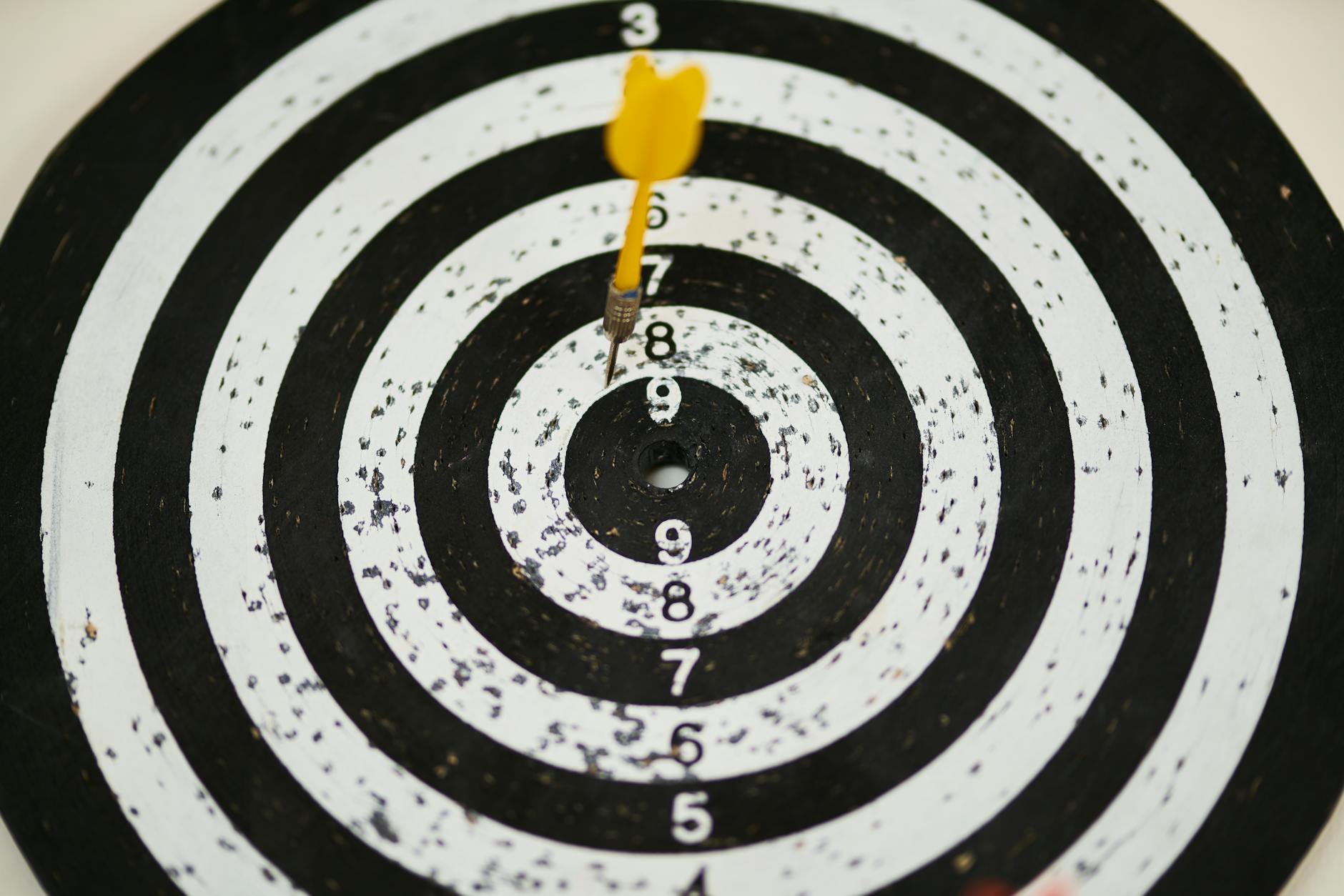
How to Define a Goal?
Introduction to Goal Setting
Setting goals is an essential aspect of personal and professional development. Whether it’s striving for career success, improving health and fitness, or pursuing personal growth, having clear objectives provides direction and motivation. However, merely setting goals is not enough; they need to be well-defined to be truly effective.
Importance of Defining Goals
Defining goals is crucial because it provides clarity and focus. When goals are specific and measurable, individuals can track their progress and adjust their efforts accordingly. Additionally, well-defined goals increase accountability and commitment, making it more likely for individuals to follow through with their plans.
Characteristics of Effective Goals
Effective goals possess several key characteristics:
- Specificity: Goals should be clear and well-defined. Vague goals are difficult to achieve because they lack direction.
- Measurability: Goals should be quantifiable, allowing individuals to track their progress objectively.
- Achievability: While it’s essential to set ambitious goals, they should also be realistic and attainable within a reasonable timeframe.
- Relevance: Goals should align with one’s values, priorities, and long-term objectives.
- Time-bound: Setting deadlines creates a sense of urgency and helps prevent procrastination.
Steps to Define a Goal
- Self-reflection: Take the time to introspect and identify what truly matters to you. Reflect on your values, passions, and long-term aspirations.
- Prioritization: Determine which goals are most important and relevant to your current circumstances. It’s essential to focus your efforts on a few key objectives rather than spreading yourself too thin.
- SMART Criteria: Utilize the SMART criteria to ensure your goals are well-defined:
- Specific: Clearly state what you want to achieve.
- Measurable: Establish criteria for tracking your progress.
- Achievable: Set goals that are within your capabilities.
- Relevant: Ensure that your goals align with your values and objectives.
- Time-bound: Set deadlines to create a sense of urgency.
- Breaking Down into Smaller Tasks: Break down your overarching goals into smaller, manageable tasks. This makes them less overwhelming and allows you to track your progress more effectively.
Common Mistakes to Avoid
- Setting vague or unrealistic goals
- Failing to establish a clear plan of action
- Neglecting to track progress regularly
- Allowing setbacks to derail motivation
- Overcommitting and spreading oneself too thin
Tips for Staying Motivated
- Celebrate small victories along the way
- Surround yourself with supportive individuals
- Visualize your success and stay focused on your long-term objectives
- Maintain a positive attitude and persevere through challenges
Conclusion
Defining goals is a fundamental step towards achieving success and fulfillment in life. By setting clear objectives that are specific, measurable, achievable, relevant, and time-bound, individuals can effectively navigate their journey towards personal and professional growth.
What Are the 7 Keys in Goal Setting?
What are the 7 Steps of Goal Setting?
What are the 5 Steps in Goal Setting?
SMART Goals Examples for Business
Unique FAQs
- Why is goal setting important?
- Goal setting provides direction, motivation, and accountability, ultimately leading to personal and professional success.
- How do I know if my goals are realistic?
- Realistic goals are attainable within your current capabilities and resources. They should stretch you slightly beyond your comfort zone but remain achievable with effort and dedication.
- What if I encounter obstacles while pursuing my goals?
- It’s natural to face challenges along the way. The key is to stay resilient, adapt to setbacks, and keep moving forward despite obstacles.
- Can goals change over time?
- Absolutely. As circumstances evolve and priorities shift, it’s essential to reassess and adjust your goals accordingly to ensure they remain relevant and aligned with your aspirations.
- How can I stay motivated during the goal-setting process?
- Surround yourself with positivity, break down larger goals into smaller tasks, and celebrate progress to maintain motivation and momentum.






















